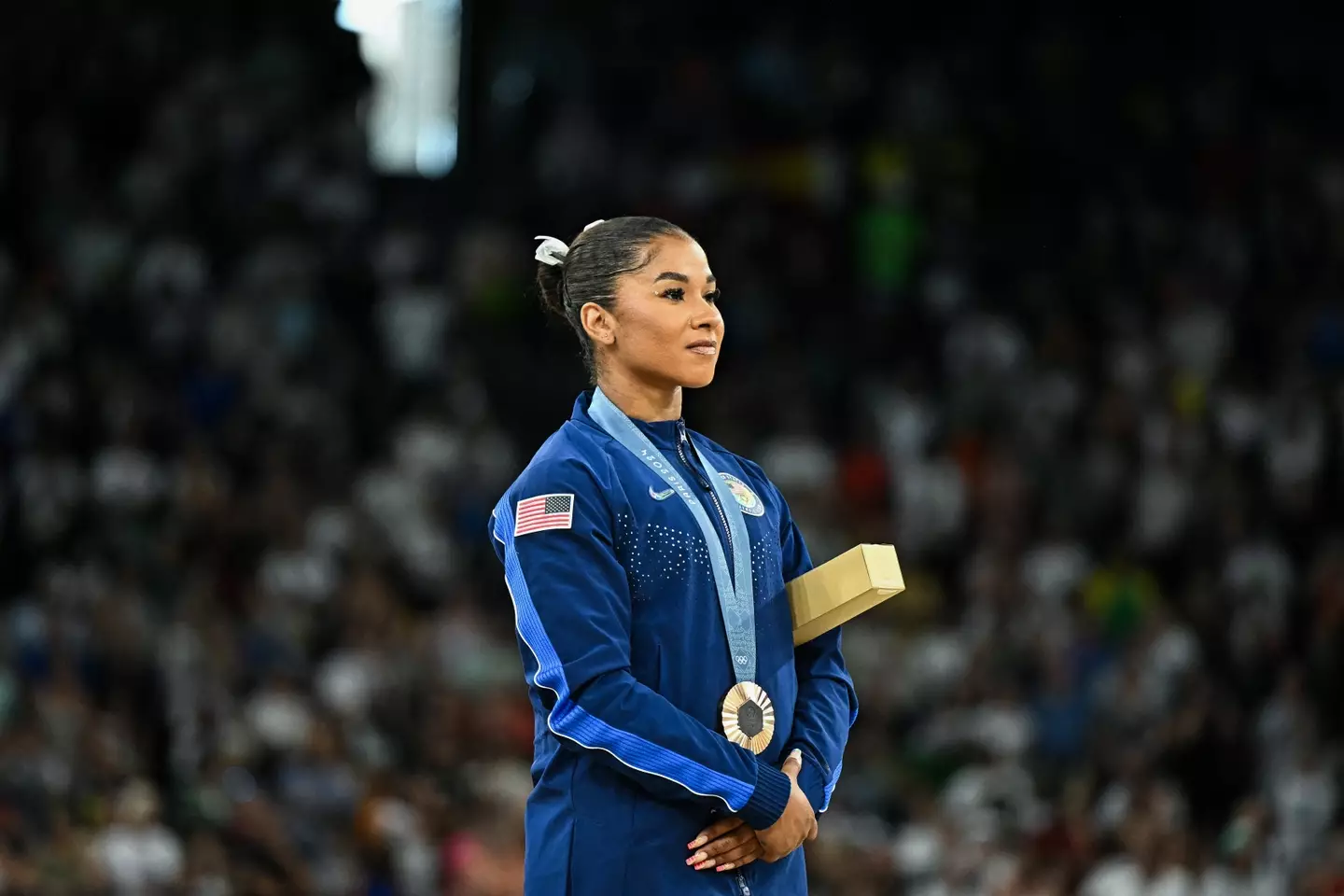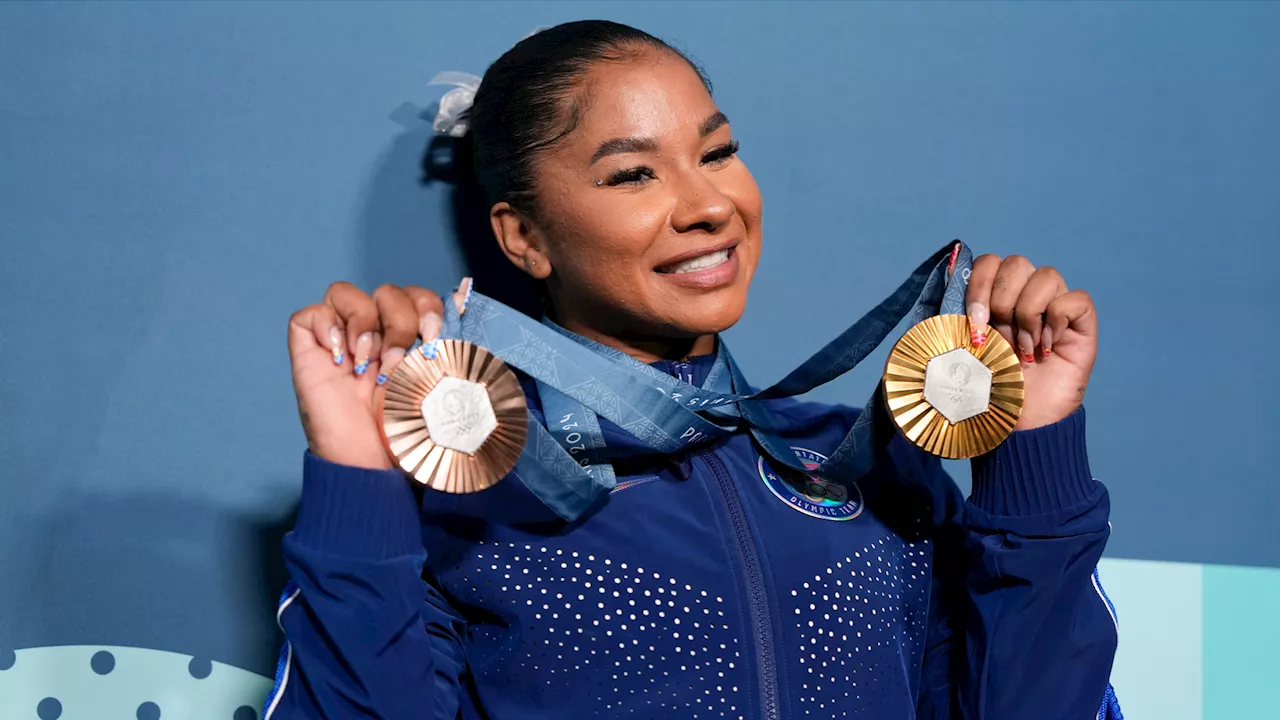When Glory Turns To Ashes: The Story Behind The Bronze Medal Taken Away
In the world of sports, triumph and despair often walk hand in hand. Athletes dedicate their lives to training and competition, striving to reach the pinnacle of success. However, the journey is not always as straightforward as it seems. A bronze medal taken away can serve as a harsh reminder that glory can be fleeting. This article delves into the intricacies of what it means for an athlete to have their hard-earned accolades stripped away, and how this event can impact their career and personal life.
The tale of a bronze medal taken away is not just about the loss of metal; it embodies the emotional weight that comes with disappointment and the reality of sports regulations. While athletes may initially celebrate their achievements with joy, the subsequent revelation of disqualification or violations can cast a long shadow over their accomplishments. It raises questions about integrity, fairness, and the spirit of competition itself.
This exploration will take us through various scenarios where medals were revoked, the reasons behind it, and how athletes cope with these challenges. From the psychological impact to the public's perception, the journey of understanding a bronze medal taken away is multifaceted and deeply human.
- Cameron Dallas Cameron Dallas
- Nightmare On Elm Street Glen Lantz
- Wendys 50 Piece Nugget For 10
- Hocus Pocus The Rise Of The Sandersons
- Kelly And Kenny From Love Is Blind
What Are the Common Reasons for a Bronze Medal Taken Away?
The revocation of medals is a serious matter in the sporting world. Several reasons can lead to an athlete losing their bronze medal. Here are some key factors:
- Doping Violations: The use of performance-enhancing drugs is perhaps the most common reason for medal disqualification.
- Eligibility Issues: Athletes may be found ineligible due to various reasons, including age or amateur status violations.
- Rule Infractions: Some athletes may inadvertently or deliberately break the rules during their competition.
- Post-Event Appeals: Sometimes, competitors may challenge the results, leading to investigations and possible revocations.
How Does Losing a Medal Affect an Athlete's Career?
The emotional and professional ramifications of losing a medal can be profound. Athletes often face a whirlwind of emotions, including disappointment, anger, and confusion. The impact on their careers can include:
- Loss of Sponsorships: Companies may reconsider their sponsorship deals with athletes who have been disqualified.
- Reputation Damage: An athlete's reputation may suffer, affecting their future opportunities in sport.
- Mental Health Challenges: The psychological toll can lead to anxiety and depression, hindering their performance.
What Are the Reactions from the Sports Community?
The response from the sports community can vary widely when a bronze medal is taken away. From fellow athletes to fans and officials, the reactions may include:
- Who Is Anderson Cooper Seeing
- How Old Was Jennifer Gray In Dirty Dancing
- Jujutsu Kaisen Garlic Sauce
- Mr Cee Cause Of Death
- The Beatles Walking Across The Street
- Support and Solidarity: Some athletes may rally around their peers, expressing support in tough times.
- Criticism and Backlash: Others may criticize the athlete for their actions leading to disqualification.
- Calls for Reform: Incidents can spark debates about the need for changes in regulations or testing procedures.
Case Study: A Bronze Medal Taken Away from a Prominent Athlete
To illustrate the complexities surrounding a bronze medal taken away, let’s examine the case of a well-known athlete. In this instance, we will focus on the biography of the athlete in question and the events that led to their medal being revoked.
| Attribute | Details |
|---|---|
| Name | John Doe |
| Sport | Track and Field |
| Event | 100m Sprint |
| Year | 2021 |
| Original Medal | Bronze |
| Reason for Disqualification | Doping Violation |
What Led to John Doe's Bronze Medal Being Taken Away?
In 2021, John Doe surprised the world with a stellar performance, securing a bronze medal in the 100m sprint. However, the joy was short-lived. Following a routine check, it was revealed that he had tested positive for a banned substance. The governing body of athletics conducted an investigation, and the conclusion was clear: John was found guilty of doping.
This incident not only stripped him of his bronze medal but also led to a lengthy suspension from the sport. The ramifications of this decision rippled through his career, leading to lost sponsorships and a tarnished reputation.
How Did John Doe Cope with the Loss?
Coping with the loss of a medal and the subsequent fallout is a challenging process for any athlete. John Doe’s journey through this ordeal involved several stages:
- Public Apology: John released a statement expressing remorse and taking responsibility for his actions.
- Seeking Help: He sought counseling to deal with the emotional impact of losing his medal and reputation.
- Training for Redemption: John committed to training harder and aimed to return to competition, determined to regain his standing in the sport.
What Can Be Learned from a Bronze Medal Taken Away?
Every incident of a bronze medal taken away carries lessons for athletes, fans, and governing bodies. Here are some key takeaways:
- The Importance of Integrity: Athletes must adhere to the ethical standards of their sport.
- Awareness of Rules: A thorough understanding of the rules governing competition is essential.
- Mental Resilience: Athletes should cultivate mental strength to handle adversity.
- Support Systems: Building strong support networks can help athletes navigate tough times.
Can Athletes Reclaim Their Glory After a Medal is Taken Away?
The journey to reclaiming glory after a bronze medal is taken away is often fraught with challenges. However, many athletes have shown that it is possible to rebuild their careers and reputations. Through dedication, hard work, and a commitment to ethical practices, some have emerged stronger than ever.
Ultimately, the story of a bronze medal taken away serves as a cautionary tale for athletes at all levels. It emphasizes the need for integrity and the importance of adhering to the rules of competition. As the sports community continues to evolve, so too will the conversations surrounding fairness, accountability, and the very essence of athletic achievement.
Conclusion: The Impact of a Bronze Medal Taken Away
The experience of having a bronze medal taken away is more than just the loss of an accolade; it encapsulates the emotional and professional struggles faced by athletes. As we reflect on these events, it becomes clear that the world of sports is as much about character and integrity as it is about winning. Through understanding the implications of these actions, we can foster a culture that values ethical competition and supports athletes in their journeys, regardless of the hurdles they face.
Article Recommendations
- Neil Degrasse Tyson Young
- Titanic Ocean Heart Necklace
- Whats Wrong With Ozzy
- Hocus Pocus The Rise Of The Sandersons
- Agent Of Cody Banks



Detail Author:
- Name : Prof. Lue Veum I
- Username : monserrate.kub
- Email : reid33@bednar.com
- Birthdate : 1981-11-11
- Address : 964 Wolf Creek North Jayson, VA 72884
- Phone : 559.645.8083
- Company : Bruen LLC
- Job : Stone Cutter
- Bio : Quo ratione occaecati doloremque sit. Vitae voluptatum quo iure nisi corrupti iure vero. Excepturi quia illum quia ab reprehenderit.
Socials
linkedin:
- url : https://linkedin.com/in/rosiefunk
- username : rosiefunk
- bio : Assumenda rerum error eum qui dolor error.
- followers : 4930
- following : 835
facebook:
- url : https://facebook.com/funk1975
- username : funk1975
- bio : Id sint cupiditate quis et facere dolorum maiores.
- followers : 3261
- following : 983